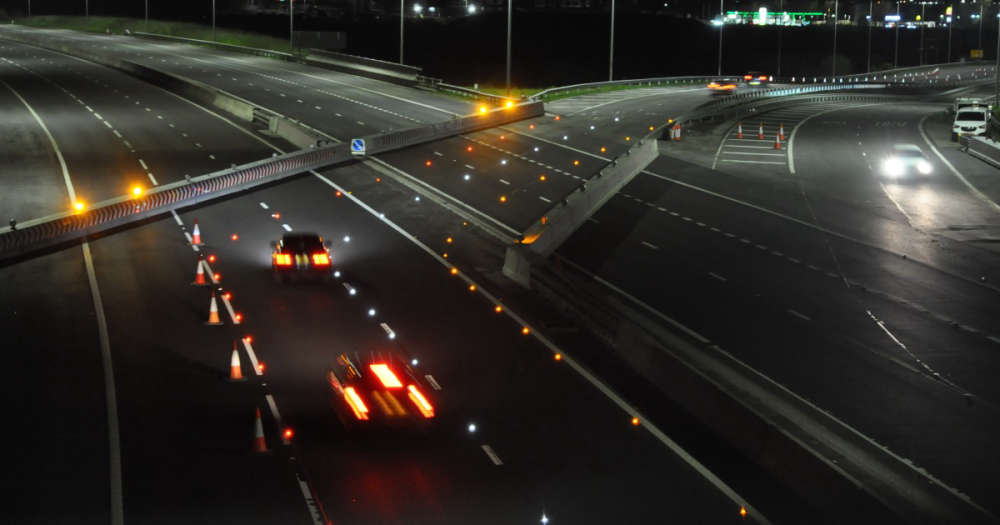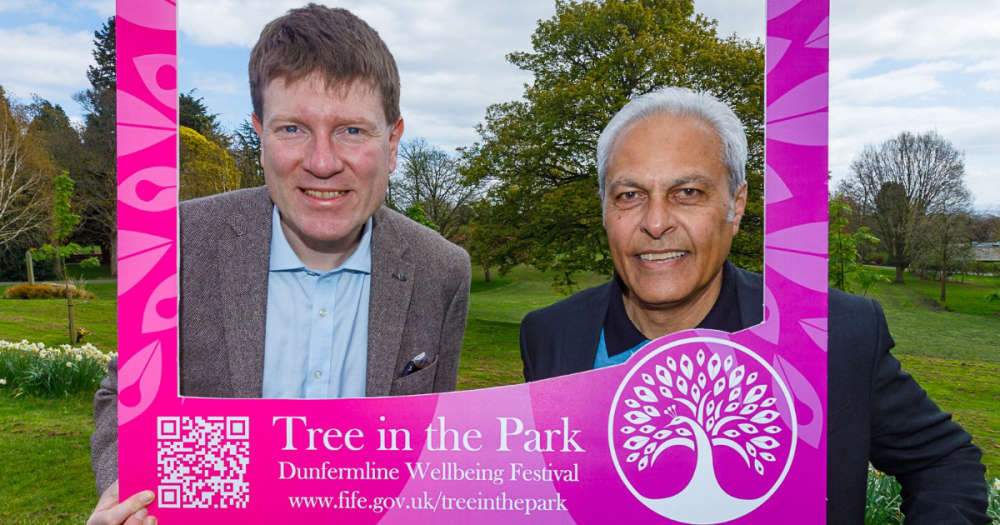
Police in Fife are accused of using school visits to 'normalise' consensual stop and search.
The practice has been criticised by the Scottish Liberal Democrats, who say officers were given no script and little guidance on how to conduct the sessions. According to a freedom of information request, every high school in the Kingdom received a visit, as did 3 colleges and St Andrew university. There's no information on if teachers were present for the visits.
The independent academic report on the pilot, published last month, observed there is not a clear account of what these meetings were like, how consultative they were and to what extent there was an open debate, making it "difficult to assess the reliability of the information provided by the police". It concluded that many visits were "grasped as opportunities to promote the merits of stop and search".
Alison McInnes, the Scottish Liberal Democrat justice spokesperson, said: "Far from building constructive relationships with young people, it seems that hundreds of young people in Fife risked becoming guinea pigs in an exercise aimed at normalising so-called consensual stop and search.
"Officers weren’t given a script by their bosses and there is little record of what happened at each of the 54 visits. There is no suggestion that police chiefs were interested in enlightening children about their rights during these sessions and the evidence indicates that the officers tasked with gathering feedback also promoted the apparent need for stop and search.
"Were children told of their right to decline so-called consensual searches? Did officers explain that the majority of searches conducted by the police aren’t based on any suspicion of wrongdoing?
"Experts including the Children’s Commissioner, Human Rights Commissioner, the UN and dozens of charities have now called for the abolition of so-called consensual searches because they jeopardise civil liberties. Next month the Scottish Government will have the chance to back my proposals to change the law and abolish intrusive, random and unjustified searches for everyone."
Proportionate and effective
Divisional Commander Chief Superintendent Angela McLaren said: "Fife Division embarked upon this pilot initiative to ensure the use of stop and search is transparent, meets the expectations of the public, captures good practice whilst informing policy and practice and crucially ensures the use of this tactic is lawful, ethical, proportionate and effective.
"Officers received additional interactive face to face training by their Area Commanders ahead of the pilot starting so they were informed and understood what the expectations of them were. This also included the detail behind the pilot and how it was made up.
"Police Scotland worked with partner organisations including youth groups to encourage awareness of the pilot and that young people were aware of their rights. The face to face training also incorporated the new consensual statement that must be read verbatim to potential persons being asked to consent to searches. This information was then part of the engagement with local youths, as well as other groups, to make them more informed. The engagement was also part of our policy of not alienating relationships between police and young people, and was one of the motivators behind the engagement strategy.
"All engagement sessions were recorded and the anecdotal evidence formed part of the Scottish Institute for Policing Research (SIPR) review, of the project which went on to inform the recommendations. The SIPR study outlines a number of recommendations from the research, which are informing the development of future policy and practice around stop and search across Scotland. It also allowed us to engage our outreach to young people, which all formed part of the outputs from the pilot.
“The use of stop and search is one of several legitimate policing tactics used to deliver an effective service in tackling the priorities local communities tell us matter to them. Used in the right place and at the right time, it can play a key role in keeping people safe."


 Closures on A92 from TONIGHT for roadworks
Closures on A92 from TONIGHT for roadworks
 Queensferry Crossing diversion trial a success
Queensferry Crossing diversion trial a success
 ‘Tree in the Park’ festival promotes wellbeing in Dunfermline
‘Tree in the Park’ festival promotes wellbeing in Dunfermline
 11°C
11°C
 14°C
14°C